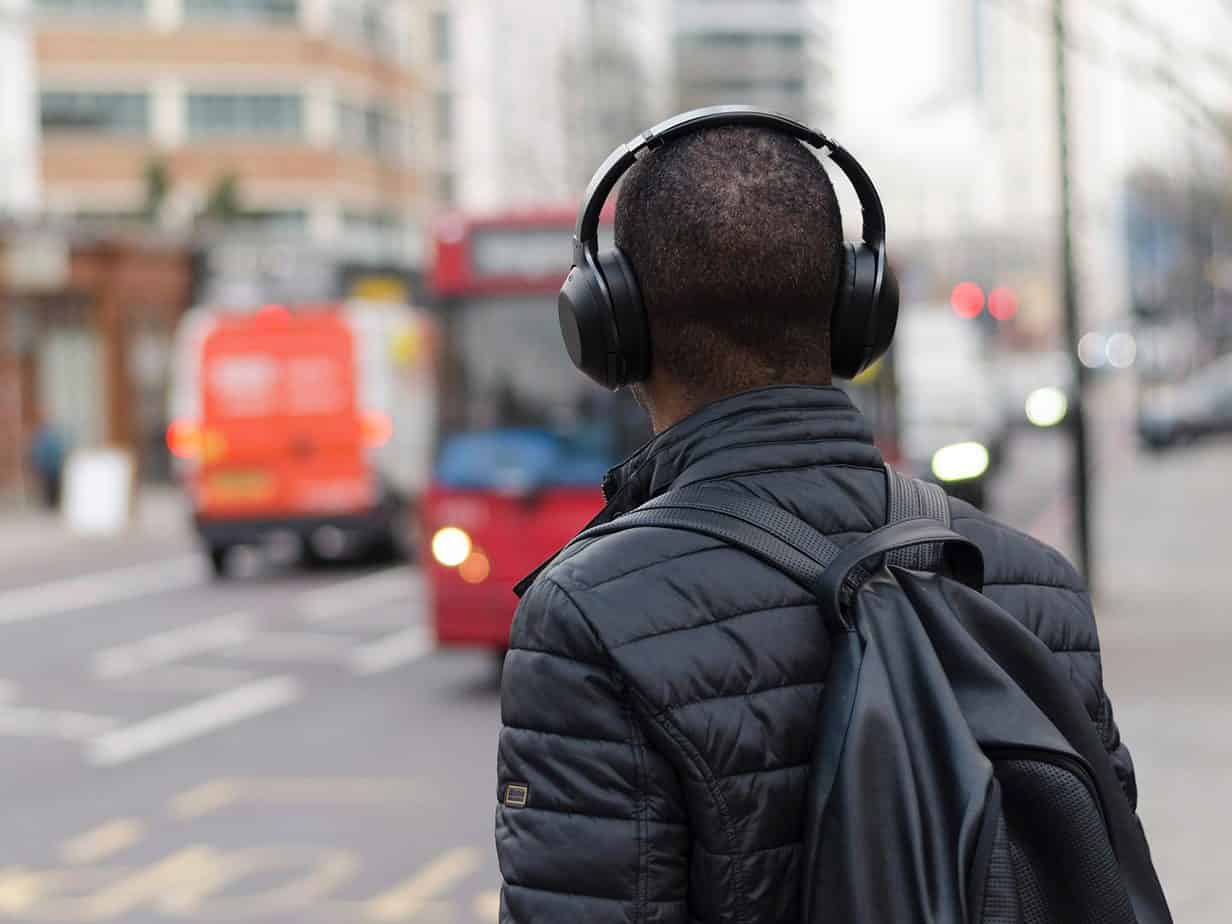
"Exposure to loud noise can certainly damage your hearing. But increasingly, scientists are finding that too much noise can take a toll on our health in other ways. Here, how our loud world can can affect you, plus what you can do to protect yourself, according to Consumer Reports."
"Regular exposure to loud noise has been associated with cardiovascular problems such as high blood pressure in a number of studies, according to Liz Masterson, Ph.D., an epidemiologist with the Centers for Disease Control and Prevention’s National Institute for Occupational Safety and Health (NIOSH). For instance, one CDC study she co-wrote, published in The American Journal of Industrial Medicine in 2018, found higher rates of hypertension and high cholesterol in people who were regularly exposed to loud noises at work, meaning that for four or more hours a day, several days a week, they needed to raise their voice or shout to be heard by someone standing a few feet away."
"The researchers concluded that as many as 14% of cases of hypertension and 9% of cases of high cholesterol were potentially a result of noise exposure, possibly due to the stress of a loud working environment. 'The body responds to stress in a variety of ways, including increasing heart rate, increasing blood pressure,' she says."
"Noise in your environment may also get in the way of needed rest. 'The prevailing thought is if you’re living in a noisy community, noise, of course, disrupts sleep,' according to Richard Neitzel, Ph.D., associate professor of environmental health sciences at the University of Michigan. And insufficient sleep has been linked with obesity, diabetes, and heart disease, among other health issues."
"Finally, spending time in noisy environments could lead you to make poor food and drink choices. In one 2018 study published in the Journal of the Academy of Marketing Science, scientists found that people in restaurants and supermarkets purchased healthier foods when music and noise were low, and chose unhealthy foods when the volume was turned up louder. Other studies have found that higher music volume may lead to more alcohol consumption in bars and restaurants."
"It’s important to limit your exposure to loud noise, both to protect your hearing and to guard against other possible health effects of noise. According to NIOSH, exposure to noise levels of 85 decibels (dBA) for more than eight hours in a day may affect hearing, and the louder the noise, the less time it takes to cause harm."
According to AudienceSCAN, 35.1% of Current Hit Music Lovers live in metropolitan areas, which are notorious for being loud areas. They're 50% more likely than other adults to go running and jogging, and in a metropolitan area, it can be difficult to hear music through their headphones without having to turn up the volume. They're also 29% more likely to be members of a fitness club or gym, where headphone usage is also prevalent. Good headphones must overcome the noise of the music playing over the speakers and the sounds of all the exercise machines. Noise-cancelling headphones can be a godsend for Current Music Lovers, allowing them to enjoy the music they love wherever they are without having to battle outside sounds.
"While you may not be able to move away from a noisy neighborhood or work in a quieter environment, consider these steps:"
"Check your workplace. If you’re exposed to loud or prolonged noise at work, your employer should provide hearing protection. But according to NIOSH, they should also be working to eliminate or replace noisy equipment, to keep sources of noise away from employees, or to limit people’s time exposed to dangerous noises. For more information on the recommended actions employers should take to protect workers’ hearing, go to the NIOSH website."
"Take care with headphones. CR recommends the 60/60 rule: Listen at no more than 60 percent of the maximum volume for no more than 60 minutes per day. Kids and teens should heed this rule, too, the CDC says that as many as 12.5 percent of kids and teens ages six to 19 have already incurred some damage to their hearing."
How can noise-cancelling headphones be best advertised to Current Music Lovers who may not know of all the damage loud noises can be doing to their health? Digital ads are a good place to start. According to AudienceSCAN, last year, these music lovers took action after receiving email ads (51.3%), receiving an ad via text or after seeing an ad on their mobile smartphone apps (47.4%) and hearing radio ads, both online and over-the-air (46%). When it comes to traditional media, 64.5% took action after seeing a TV commercial last year and 47% were driven to action by magazine ads. They're also 21% more likely than other adults to take action after seeing ads in movie theaters.
AudienceSCAN data is available for your applications and dashboards through the SalesFuel API. Media companies and agencies can access AudienceSCAN data through the AudienceSCAN Reports in AdMall.
